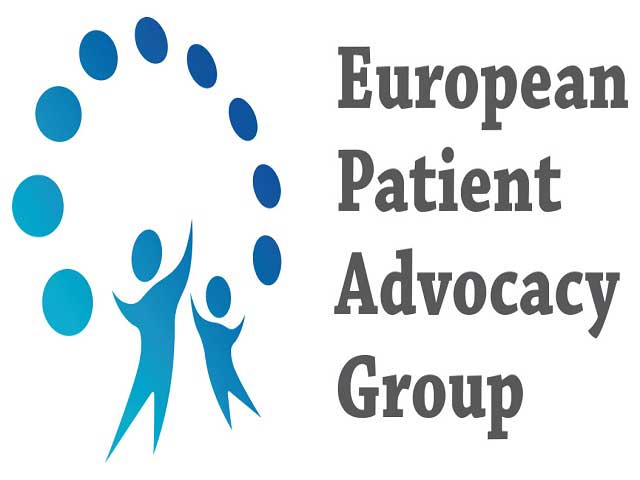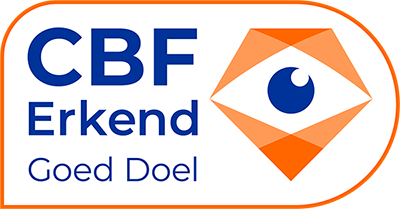[vc_section full_width=”stretch_row” css=”.vc_custom_1585128400841{background-color: #576283 !important;}”][vc_row][vc_column][vc_empty_space][/vc_column][/vc_row][vc_row][vc_column width=”1/3″][/vc_column][vc_column width=”2/3″][vc_empty_space][mk_fancy_title strip_tags=”true” tag_name=”h1″ color=”#ffffff” size=”60″ line_height=”90″ font_weight=”bolder” margin_bottom=”0″ font_family=”none”]Guide for parents after diagnosis[/mk_fancy_title][mk_divider style=”thick_solid” divider_width=”custom_width” custom_width=”70″ align=”left” border_color=”#a1aabe” visibility=”hidden-sm”][mk_fancy_title strip_tags=”true” tag_name=”h5″ color=”#ffffff” size=”16″ font_weight=”400″ margin_bottom=”0″ font_family=”none”]Introduction[/mk_fancy_title][/vc_column][/vc_row][vc_row][vc_column][vc_empty_space height=”64px”][/vc_column][/vc_row][/vc_section][vc_section full_width=”stretch_row” css=”.vc_custom_1585137324203{background-color: #ffffff !important;}”][vc_row][vc_column][vc_empty_space][/vc_column][/vc_row][vc_row][vc_column width=”1/3″][vc_wp_custommenu title=”After diagnosis” nav_menu=”263″ el_class=”leftsubmenu”][/vc_column][vc_column width=”2/3″][mk_image src=”https://www.cmtc.nl/wp-content/uploads/2020/04/stethoscope.jpg” image_size=”full”][vc_column_text disable_pattern=”false” margin_bottom=”10″ css=”.vc_custom_1599133081150{margin-bottom: 0px !important;}”]This guide is for parents who have just heard that their child has been diagnosed with a handicap or chronic illness.
After the initial shock.
“What does this diagnosis mean? What can I expect? Is it okay to feel the way I feel? How do I deal with it? “After hearing the diagnosis of your child, you will have a lot of questions and / or you will go looking for help, understanding and support. That is very normal.
In this series of articles you can read what you need to know, what you can do and most importantly: that you, as a parent, are not alone. If you have just heard that your child has a disability or chronic illness, you embark on a long, often emotional, journey. You enter a completely new world, full of doctors, therapists and rules that you have probably never heard of. To ensure that you find your way in this, it is good to find out as much as possible about the condition that makes your child – and therefore your life – special. Some parents don’t remember anything about the first time after the diagnosis. Others describe it as “a black bag” that was pulled over their head or a knife that was inserted into the heart.
But there are also parents who experience relief because, after years of diagnostic searching, they finally receive an answer to their question. Some parents do not experience any of the above. They are not sad, their world is not collapsing, but they have received confirmation of something they have had an (indefinable) feeling about for a long time.
In short, how you experience hearing the diagnosis is very personal. Fortunately, there are plenty of resources that can help you get through this period properly, should you need it. The realisation that you are not the first and certainly not the only one to experience this, for example, is hopefully a consolation. That is why we describe how parents can react differently and give practical tips and advice, so you don’t have to reinvent the wheel.
Every child is different and every parent is different, so what you read here may not exactly refer to your situation. Nevertheless, we hope that this article answers questions that you may have and that it offers enough tools to help you lead a normal, happy life with your child. Though it may be hard to imagine, there will come a time when the first thing you notice when you look at your child, is the amazing and unique individual, and not the disease or disability.[/vc_column_text][/vc_column][/vc_row][/vc_section]






